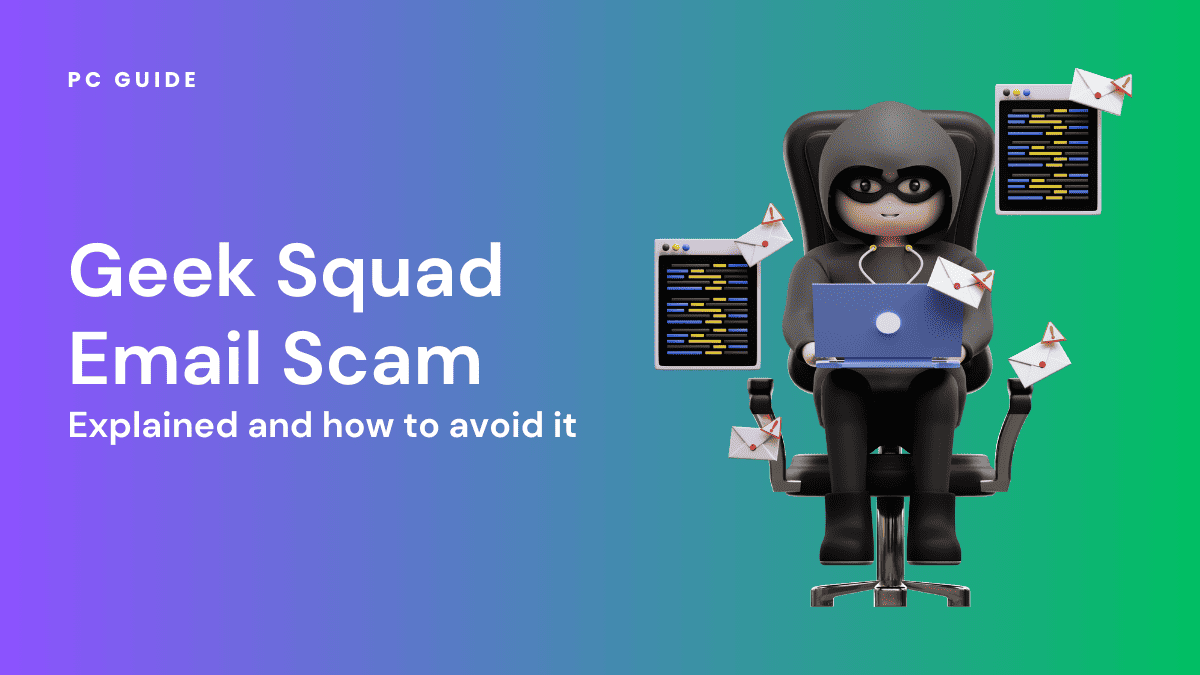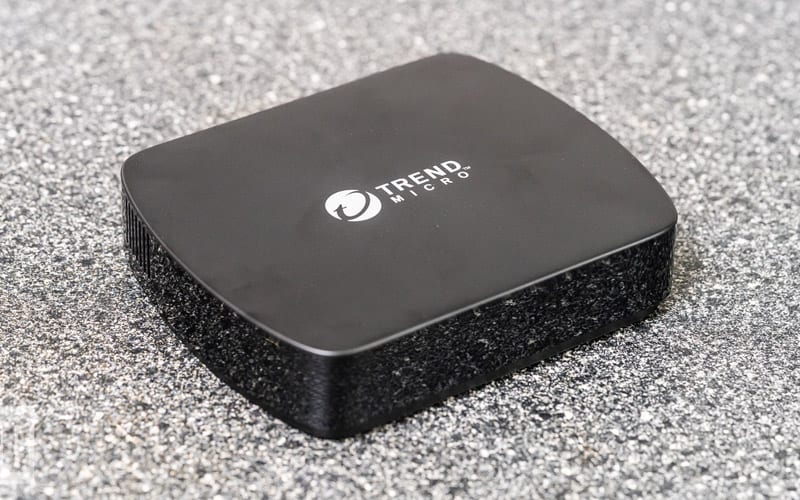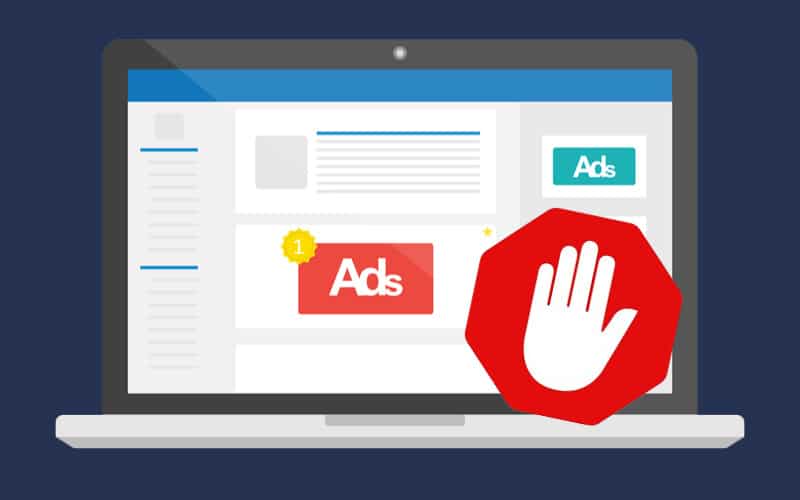Geek Squad Email Scam – Explained and how to avoid it

Table of Contents
In recent times, you might have found an email in your inbox that seemingly comes from Geek Squad, the well-known tech service and support arm of Best Buy. While it’s tempting to trust an email from such a reputable source, caution is advised. Some of these emails are not what they seem; they are part of a Geek Squad Email Scam designed to trick you into revealing personal information through phishing scams.
In this article, we’ll delve deep into the intricacies of the Geek Squad Email Scam. We’ll break down common examples you might encounter and offer expert advice on how to protect yourself from falling victim to these scams. Whether it’s a fake subscription renewal, a dubious remote access request, or a questionable purchase transaction, we’ve got you covered. So, let’s get started and help you secure your devices and credit card details from these fraudulent activities.
Prime Day is finally here! Find all the biggest tech and PC deals below.
- Sapphire 11348-03-20G Pulse AMD Radeon™ RX 9070 XT Was $779 Now $739
- AMD Ryzen 7 7800X3D 8-Core, 16-Thread Desktop Processor Was $449 Now $341
- ASUS RTX™ 5060 OC Edition Graphics Card Was $379 Now $339
- LG 77-Inch Class OLED evo AI 4K C5 Series Smart TV Was $3,696 Now $2,796
- Intel® Core™ i7-14700K New Gaming Desktop Was $320.99 Now $274
- Lexar 2TB NM1090 w/HeatSink SSD PCIe Gen5x4 NVMe M.2 Was $281.97 Now $214.98
- Apple Watch Series 10 GPS + Cellular 42mm case Smartwatch Was $499.99 Now $379.99
- ASUS ROG Strix G16 (2025) 16" FHD, RTX 5060 gaming laptop Was $1,499.99 Now $1,274.99
- Apple iPad mini (A17 Pro): Apple Intelligence Was $499.99 Now $379.99
*Prices and savings subject to change. Click through to get the current prices.
What is the Geek Squad Email Scam?
The Geek Squad Email Scam is a type of phishing scam that targets unsuspecting individuals by mimicking legitimate Geek Squad communications. These fraudulent emails are designed to look authentic, complete with Geek Squad branding and logos, but they contain subtle red flags that can help you identify them as scams.
The emails often claim that there’s a time-sensitive issue with your Geek Squad account, prompting you to take immediate action by clicking on enclosed links or attachments. However, it’s crucial to understand that Geek Squad would never request sensitive information like credit card numbers or social security numbers via email. The primary aim of these scams is to steal your personal information for identity theft and financial fraud.
How the scam works: Anatomy of a Geek Squad Scam Email
The Hook: Urgent messages and alarming language
The first thing you’ll notice in a Geek Squad scam email is the sense of urgency. The email may claim that your account has been compromised, that you owe money, or that your subscription is about to expire. This is the hook, designed to make you anxious enough to take immediate action.
The Bait: Enclosed links and attachments
Once they’ve got your attention, the email will usually contain links or attachments that you’re urged to click on. These could be disguised as invoices, subscription renewals, or even antivirus software scans. However, clicking on these can install malware or viruses on your device.
The Red flags: Inconsistencies and errors
While the email may look authentic at first glance, closer inspection will often reveal inconsistencies. These could be anything from misspelled words to incorrect phone numbers. Always scrutinize the email for such red flags.
Common versions and examples
Some versions claim your Geek Squad membership is expiring and requires renewal of payment details. Others say there was a payment issue with a recent service you supposedly received.
Below are two different examples:
1. Subject line: Urgent: Update your Geek Squad Membership Payment Info
Body: “Dear Geek Squad Member, your membership payment has been declined. To avoid an interruption in your benefits, please click here to update your billing information and renew your membership.”
2. Subject line: Geek Squad Service Payment Issue
Body: “Geek Squad recently performed a service repair for you. However, there is an issue processing your payment method on file. Please click the link below and enter your information again to resolve this problem and settle your outstanding balance.”
What to look for to identify these emails as scams
While customized to look real, scammers leave telltale signs that reveal their trickery, such as:
- Generic greetings like Dear Geek Squad Member instead of your name
- Messages riddled with bad grammar and spelling errors
- Links go to mismatched, suspicious domains rather than bestbuy.com
- Requests sensitive data like SSN, account numbers, and passwords
- Threatening language demanding immediate action
- Fake opt-out/unsubscribe options that don't work
- Attachments from unknown senders you should never open
5 Ways to avoid the Geek Squad Email Scam

Fortunately, you can arm yourself with knowledge and tools to avoid falling victim to these fraudulent phishing emails. Here’s how:
Analyze the sender’s email address
The first line of defense is to scrutinize the sender’s email address. Authentic Geek Squad emails will end in @geeksquad.com or @bestbuy.com. Any deviation from these domains should be considered a red flag and a potential phishing email.
Spotting fake invoice numbers
Scammers often include fake invoice numbers to make the email look legitimate. Always cross-reference these numbers with your actual order details to ensure they match.
Do not open attachments
Attachments in these emails are typically disguised as legitimate documents, but are likely to contain malware or viruses. Scanning the attachments with security software can sometimes catch this, but the safest route is to avoid opening them altogether.
Do not click links
Links within these emails can lead you to phishing sites designed to steal your login credentials or install malware on your device. Even if the email uses urgent language or promotional banners, resist the temptation to click.
Beware of browser pop-ups
Some phishing emails may direct you to websites with browser pop-ups that ask for personal information. Always close these pop-ups and exit the site.
Never provide sensitive information over email
Legitimate companies, including Geek Squad, will never ask for sensitive information like passwords, Social Security Numbers, or bank details over email. If you receive such requests, it’s a clear sign of a scam.
Role of fake renewal dates
Scammers often mention fake renewal dates for subscriptions to create a sense of urgency. Always check your actual renewal dates to verify the information.
Use anti-phishing tools
Your email provider likely has built-in tools to identify and block phishing attempts. Reporting scam emails helps improve this system. Additionally, consider installing security software that specializes in identifying phishing attempts.
Federal Trade Commission and complaints
If you’ve been targeted by a Geek Squad scam email, consider filing a complaint with the Federal Trade Commission to help them track and combat these types of scams.
Use caution with threatening language
Scammers frequently employ threatening language and create a false sense of urgency to induce panic. Real companies will not try to rush or force you into making hasty decisions.
Contact Geek Squad if concerned
If an email seems suspicious, the safest course of action is to contact Geek Squad directly to verify the status of your account. Use the phone number listed on their official website, not the one provided in the suspicious email.
Refund scam and Geek Squad tech support scams
Be cautious of emails claiming you’re eligible for a refund or offering additional tech support. These are often scams designed to get your credit card or bank information.
By being vigilant and taking these precautionary steps, you can protect yourself against the Geek Squad Email Scam and other similar phishing schemes. Always remember, when in doubt, it’s better to be safe and double-check any suspicious emails you receive.
Conclusion
The Geek Squad brand carries authority – that's why scammers impersonate them. But armed with knowledge of their tactics, you can avoid their traps. Keep your information safe by recognizing fraudulent emails and denying scammers the sensitive data they seek. Outsmart them by verifying legitimacy before interacting with any questionable messages.


